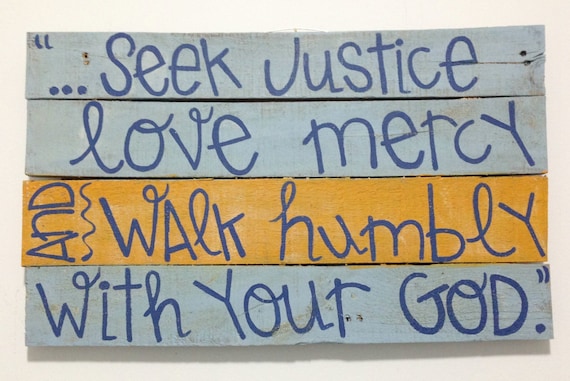
Yesterday, Bondings 2.0 explored how Pope Francis and the Italian hierarchy have engaged that nation’s present debate about civil unions for same-sex couples. One theologian’s analysis was that, for Pope Francis, this was an issue best left to the laity. Today’s post explores just how the laity have been involved and what their involvements could mean.
Italian Catholics on both sides of the civil unions question have participated in major demonstrations. Nearly a million LGBT supporters rallied on January 23 in public squares across Italy, bringing clocks with them to call on legislators to “wake up” about the necessity of recognizing same-gender partners in law. Rome’s Gay Center spokesperson Fabrizio Marrazzo said the 100+ demonstrations signal Italy’s “crisis point. . .about civil rights,” reported the National Catholic Reporter.
Among those experiencing this crisis is Andrea Rubera, a married gay Catholic in Rome, whose story, told in The New York Times ,reveals the urgent necessity of legal protections. Rubera married his partner, Dario De Gregorio, in Canada, and they became parents to three children. The Times article explained:
“But when they returned to their native Italy, a transformation occurred. Mr. Rubera suddenly became a single man, and his legally recognized husband in Canada became his single male roommate in Italy. Italian law also divided custody of their children.”
Of this, Rubera commented:
” ‘There are major injustices coming from this, all toward the kids. . .We are dreaming to be recognized as we are — as a family.’ “
Despite this reality, support for civil unions is declining, if the polls are accurate. Latest numbers have support below 50% whereas it peaked at 67% or higher last May, a decline tied to a clause supporting stepchild adoption for same-gender couples, according to some pundits. Attempting to assuage critics, the civil unions bill was watered down, reported Crux, when sponsors added “language clearly distinguishing the relationships from marriage” and other amendments.
Yesterday, groups and individuals against civil unions took part in “Family Day” protests, which received support from some church leaders, including Italian Episcopal Conference President, Cardinal Angelo Bagnasco. According to Crux’s John Allen, lay support for conservative church leaders is one reason that the Catholic Church “still has significant social capital and packs a political punch” in Italy. He wrote:
“That doesn’t mean the Italian Church wins all the time; famously, it lost referenda in 1974 over divorce and in 1981 over abortion, and prevailed in 2005 over stem cell research only by persuading Italians not to vote in order to invalidate the ballot.
“Yet Mass-going Catholics remain a sizable chunk of the national population and are well represented in both major political parties, and their sentiments have to be at least considered.”
Yet, simply citing that Catholics are politically involved is not sufficient evidence that LGBT rights will fail. It may actually be evidence for the contrary, as Out Magazine noted:
“At one time, the power of the conservative Roman Catholic Church seemed an almost insurmountable obstacle to the progress of LGBT rights. In 2003, Belgium became the first Catholic-majority country to adopt marriage equality, soon to be followed by Canada, Spain, Portugal, Argentina, Brazil, Uruguay, France, and, most recently—and in a popular referendum—Ireland, revealing a trend that shatters such a pessimistic illusion. In fact, countries with a Catholic majority make up nearly half of those with marriage equality, and Catholics are overwhelmingly inclined to support same-sex marriages, or at least civil unions. So long as the false narrative of mainstream Catholicism’s lack of acceptance prevailed, LGBT progress for Italy looked bleak. Now, the country of 60 million looks poised to legalize same-sex civil unions. “
Ireland’s referendum and the marriage victories in many historically Catholic countries and states, aided in most cases by lay Catholics’ fervent efforts for equality, are true. But this is Italy, where the church’s political hold remains stronger due to the Vatican’s influence. With lay Catholics active both for and against civil unions, with Pope Francis advancing a more nuanced response, and with Italy’s bishops not united in strong opposition, it seems unclear just what influence Italian Catholics will have on Tuesday’s expected vote.
–Bob Shine, New Ways Ministry










